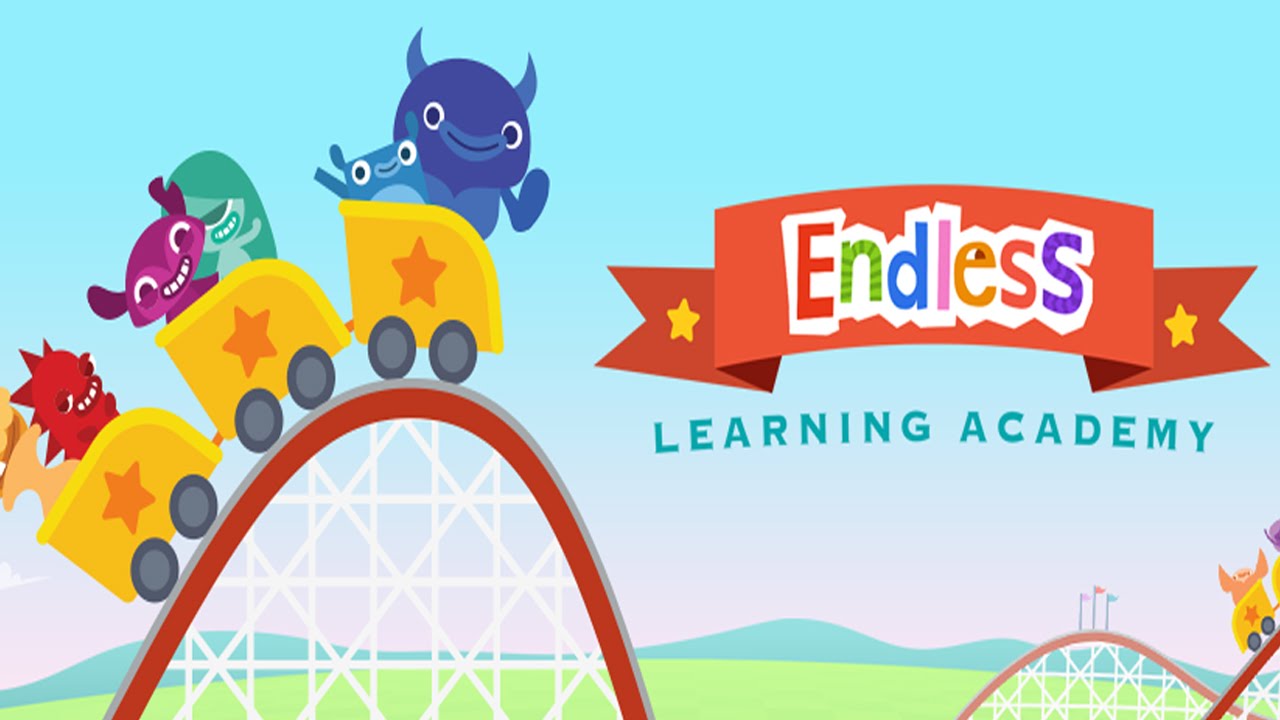Do you find yourself often complaining about your child’s temper issues or how he/she gets angry too soon?
Before diving into quick judgements on why your children get angry too soon or how you are finding it tough to handle their emotions, pause to ask yourself if you are handling it right. Sometimes, not paying the right attention or heeding their requests could manifest in your child’s anger. In the video below, Mansi Zaveri explains the 3As you need to tackle your child’s anger.
Elaborating On The 3 As To Calm Your Child’s Temper
Helping children control their emotions and anger is a tough yet rewarding component for us parents that we deal with.
Acknowledge
It’s important to understand that anger is a normal and natural emotion, even for children. When your child expresses anger, take the time to listen and validate their emotions. Show empathy and let them know that it’s okay to feel angry.
Available
Our children need to feel that we are there for them. When your child is angry, make yourself accessible and create opportunities for open communication. Encourage them to express their emotions and thoughts, and actively listen without judgment. By being present and attentive, you provide the support they need to process their anger in a healthy way.
Affection
Children’s ability to control their emotions is greatly aided by affection. Using words of love, caring, and understanding might help your youngster feel less angry. Hugs and gentle touches are examples of physical affection that can be used to comfort and reassure.
The 3 As method—Acknowledge, Available, and Affection—offers us parents a doable strategy for assisting our kids in controlling their anger and emotions. We as parents may help our kids feel more connected to them by acknowledging their emotions, being there to listen and encourage them, and showing affection.
Let us know in the comments below about your experience.


















